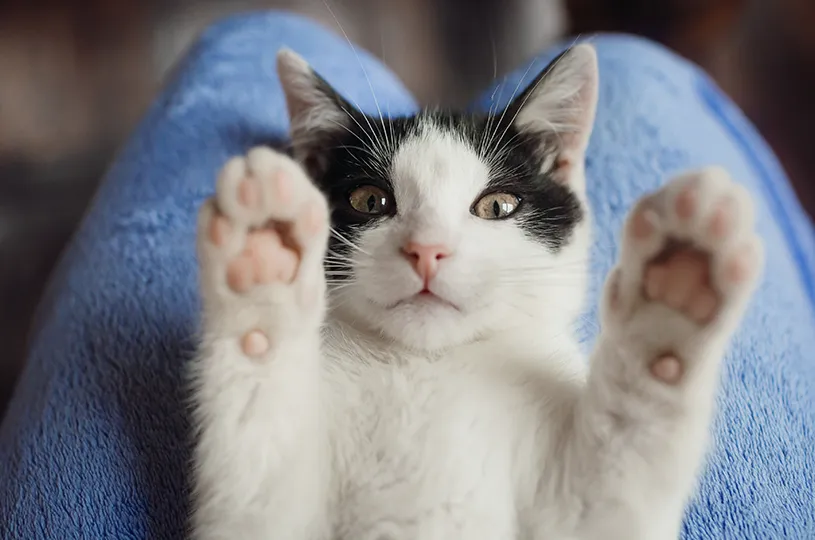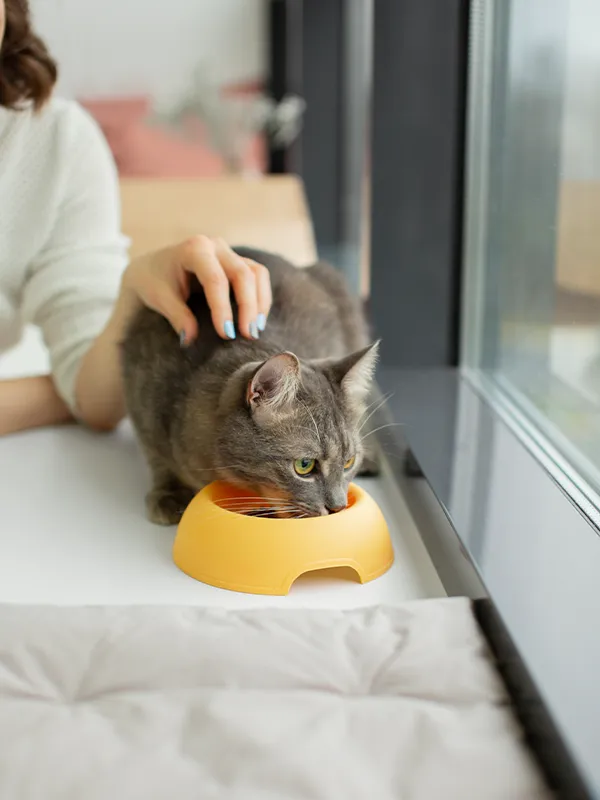Cats have long captured our fascination with their grace, agility, and mysterious demeanor. However, amidst the adoration and admiration we shower upon our feline friends, certain misconceptions about their health persist. Let’s debunk some of the most prevalent myths surrounding cat health.

It’s a widely held belief that cats possess an innate ability to always land on their feet, no matter the height of their fall. While it’s true that cats are remarkably agile creatures with a unique reflex known as the “righting reflex,” which allows them to twist their bodies mid-air and adjust their position during a fall, it’s not an infallible guarantee. Cats can still suffer serious injuries from high falls, and it’s essential to take precautions to prevent such accidents.
While it’s tempting to share the joy of your Thanksgiving meal with your furry friend, it’s best to avoid giving them table scraps. Instead, prepare a special pet-friendly treat in advance, such as a small amount of plain, cooked turkey or a pet-safe recipe. Remember that sudden dietary changes can upset their stomach, so moderation is key.

While cats are obligate carnivores and require a diet rich in animal protein, feeding them raw meat can pose significant health risks. Raw meat can harbor harmful bacteria such as Salmonella and E. coli, which can cause illness in cats and even pose risks to humans in the household. Commercially prepared cat food is formulated to meet all of a cat’s nutritional needs safely and should be the preferred choice for feeding your feline companion.
Regular veterinary check-ups are just as crucial for cats as they are for dogs and humans. Preventive care is essential for detecting and addressing health issues early before they become more serious and costly to treat. Routine examinations, vaccinations, and preventive treatments are vital components of ensuring your cat’s long-term health and well-being.
Regular veterinary check-ups are just as crucial for cats as they are for dogs and humans. Preventive care is essential for detecting and addressing health issues early before they become more serious and costly to treat. Routine examinations, vaccinations, and preventive treatments are vital components of ensuring your cat’s long-term health and well-being.
While the soothing sound of a cat’s purr often indicates contentment, it’s essential to recognize that purring is a multifaceted vocalization. Cats may purr not only when they’re happy but also when they’re anxious, in pain, or unwell. Purring serves as a means of self-soothing and communication for cats, allowing them to convey a range of emotions and needs beyond just happiness.
While some cats may tolerate baths well, most are fastidious groomers and typically don’t require regular baths. Bathing a cat too frequently can strip their coat of natural oils, leading to dryness and skin irritation. Unless your cat has gotten into something particularly dirty or sticky, regular brushing and grooming are usually sufficient to keep their coat clean and healthy.